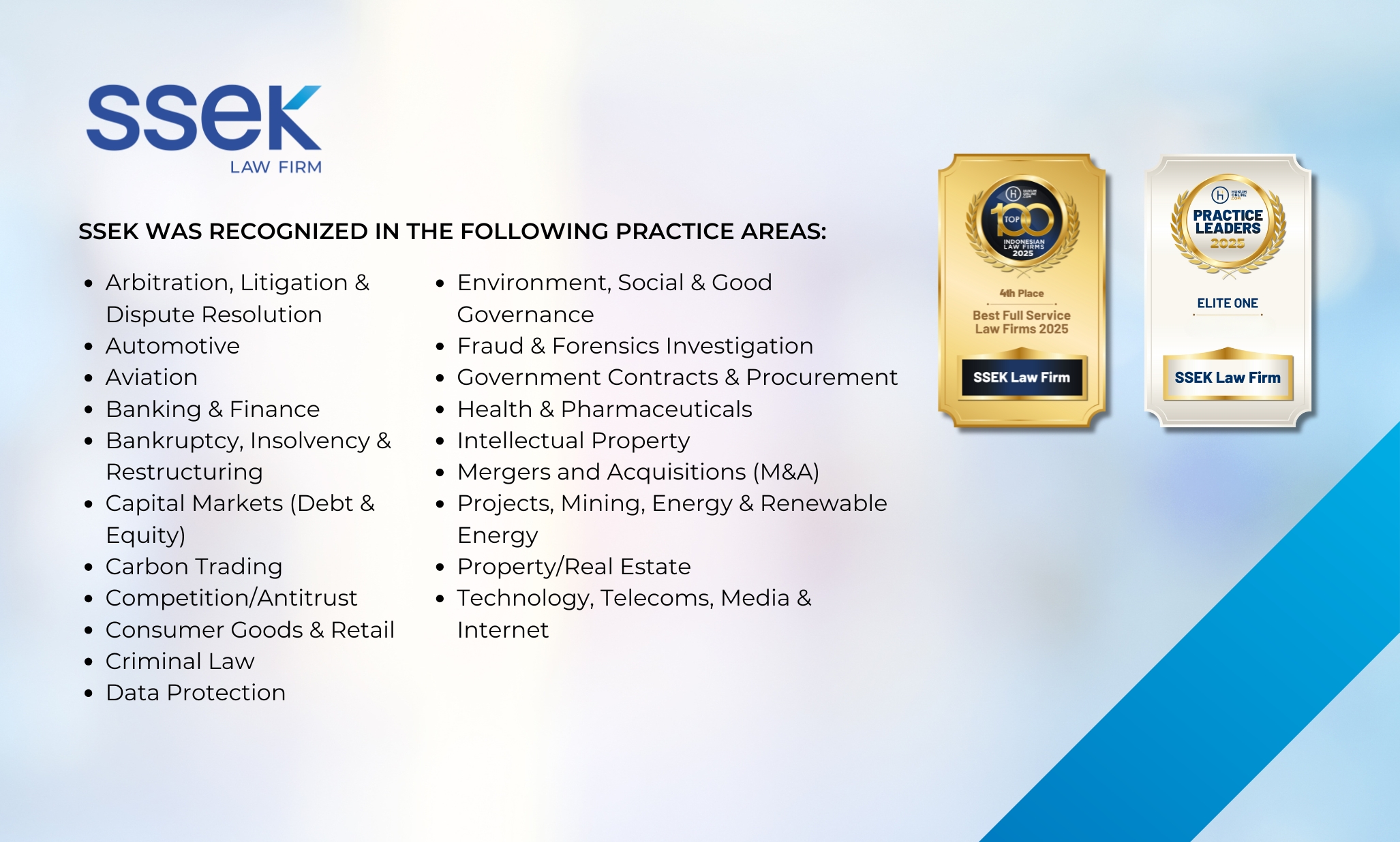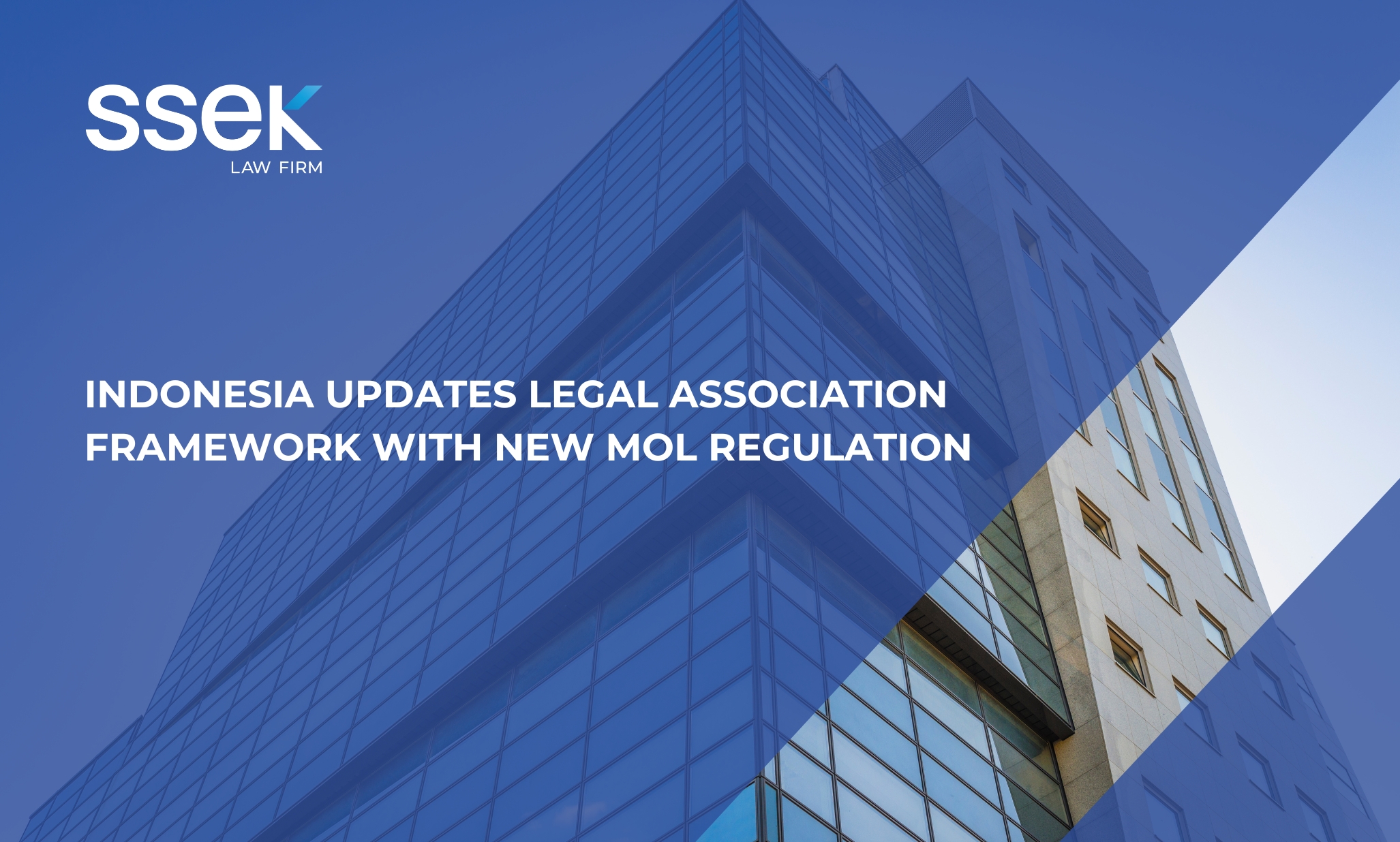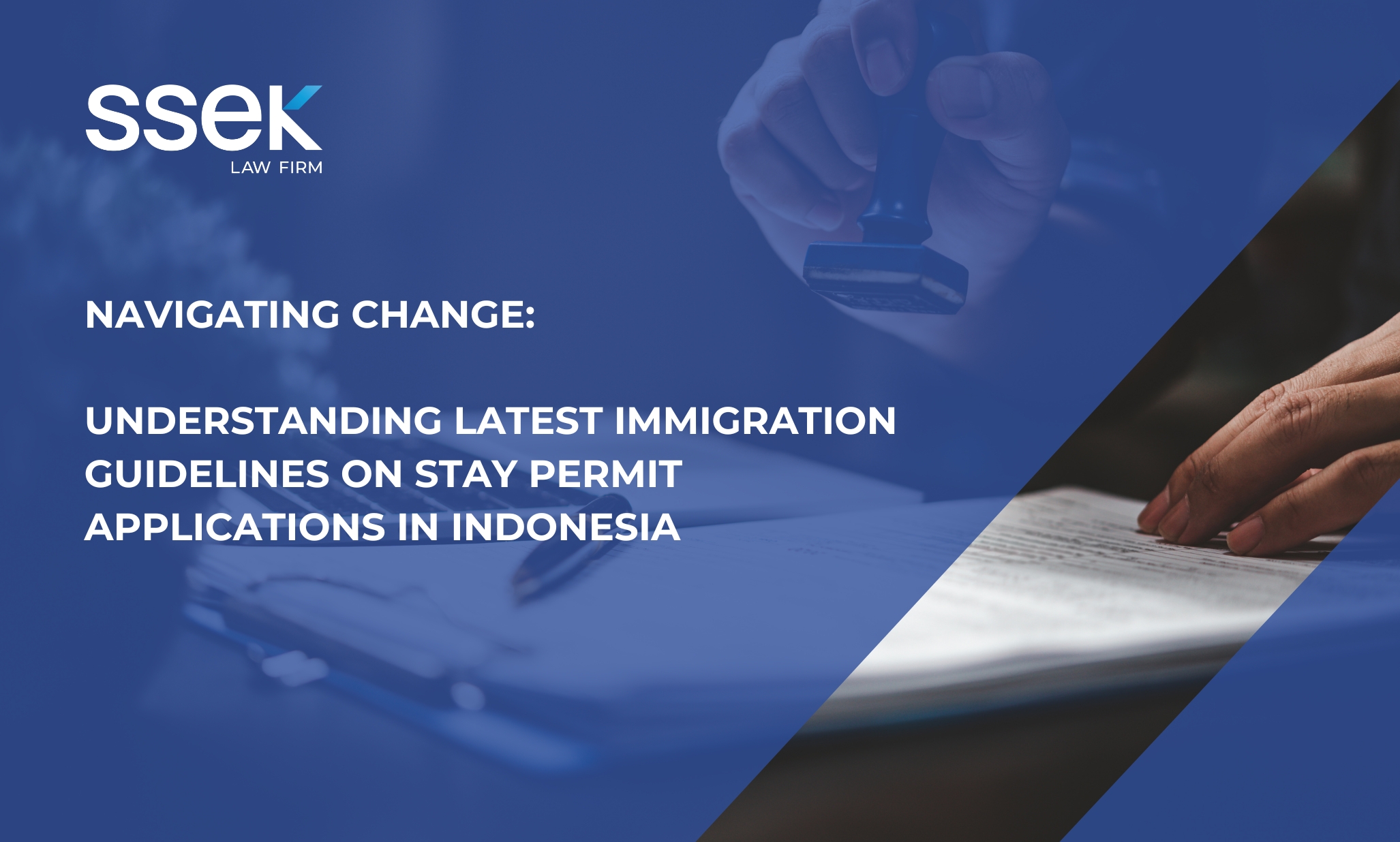

By Mohammad Irham
Indonesia's Ministry of Manpower and Transmigration (MOMT) has issued three regulations:
- MOMT Regulation No. 27 of 2014 on the Amendment of MOMT Regulation No. 19 of 2014 regarding Outsourcing Requirements dated December 31, 2014 (MOMT Reg 27/2014);
- MOMT Regulation No. 3 of 2015 on Standard Operational Procedures for the Issuance of Foreign Manpower Utilization License through the One-Stop Integrated Services of the Indonesian Capital Investment Coordinating Board (BKPM) dated January 25, 2015 (MOMT Reg 3/2015).
MOMT Reg 27/2014, as the title suggests, amends a previous regulation. The two amendments introduced by the regulation clarify some questions that foreign investors may have had about outsourcing. MOMT Reg 27/2014 confirms that foreign investors €“ foreign nationals, foreign companies or foreign governments – are covered by the provisions contained in MOMT Reg 27/2014 and the previous regulation and that all relevant licensing shall be processed through the BKPM. MOMT Reg 28/2014 is far more comprehensive and covers one of the most important aspects of Indonesia's employment law regime. MOMT Reg 28/2014 revokes and replaces MOMT Regulation No. PER.16/MEN/XI/2011. The new regulation contains provisions on Company Regulation and Collective Employment Agreements. Collective Employment Agreement The requirements and procedures for drafting and registering a Collective Employment Agreement are more complex than for a Company Regulation, which is understandable given that Collective Employment Agreements cover more specific terms of employment. MOMT Reg 28/2014 governs matters such as the authorized representative of employees, and the process for negotiating, drafting and registering a Collective Employment Agreement. Employees are to be represented by a labor union that satisfies the requirements set out in MOMT Reg 28/2014. For employers with more than one labor union, MOMT Reg 28/2014 regulates the process for managing such scenario. A Collective Employment Agreement must at the minimum include: a.           Name and address of the labor union and the employer b.           Registration number of the labor union issued by the government c.            Rights and obligations of the labor union and the employer d.           Validity period of the agreement (maximum of two years) and e.           Signatures of the representatives of the labor union and the employer. Similar to the Company Regulation, the registration of an agreed Collective Employment Agreement depends on the location of the employer. Last, MOMT Reg 3/2015 relates to the procedure to obtain work permits for expatriates through the BKPM. This regulation appears to be part of a government push to increase foreign investment by simplifying all licensing. MOMT Reg 3/2015 confirms that work permits, including Manpower Utilization Plan (RPTKA), Limited Stay Visa Recommendation (TA-01) and Work Permit (IMTA), can now be processed through a MOMT locket at the BKPM. MOMT Reg 3/2015 also elaborates on the requirement for companies to open an online account with the MOMT to file applications for work permits. MOMT Reg 3/2015 also explains the requirements for an Indonesian company, particularly a foreign investment company, that wishes to secure such work permits. This article is intended for informational purposes only and does not constitute legal advice. This article should not be acted upon in any specific situation without appropriate legal advice.









